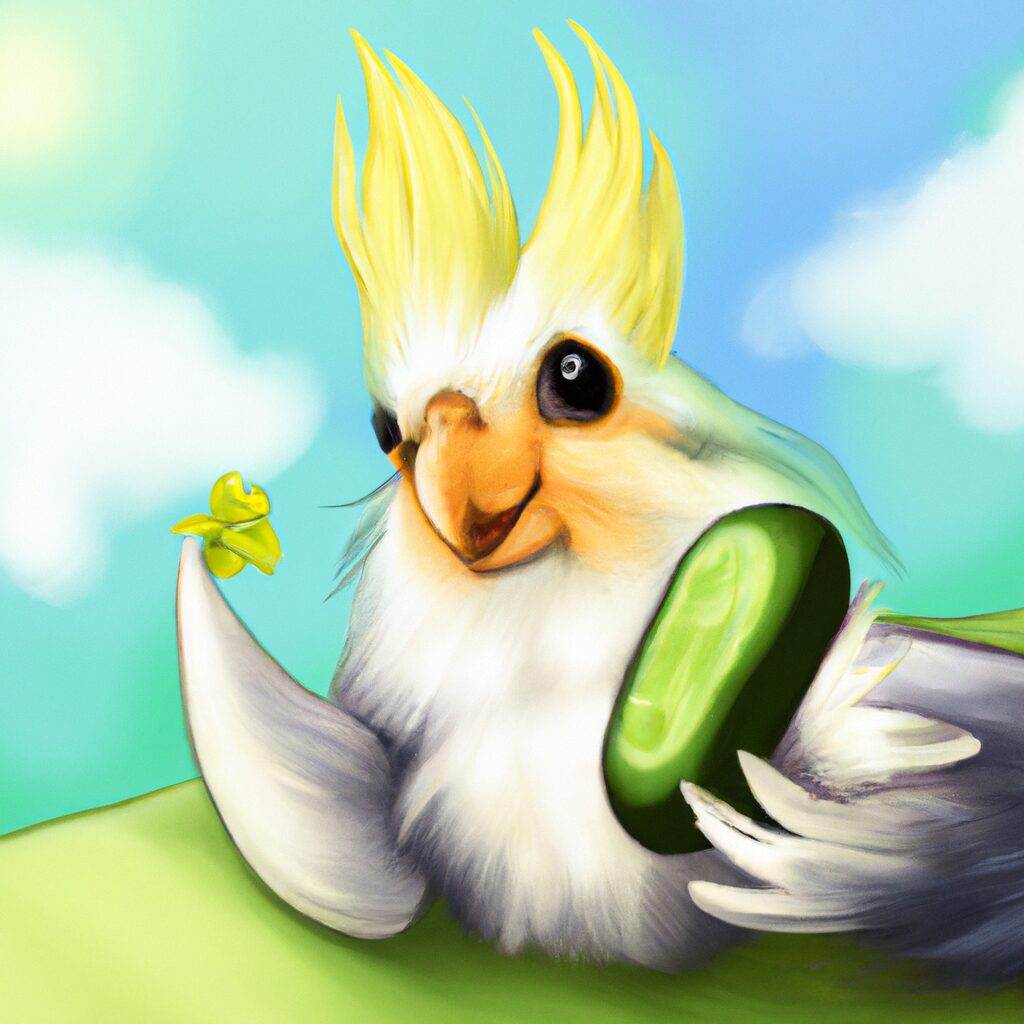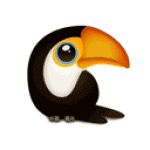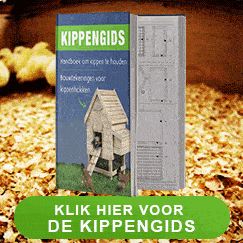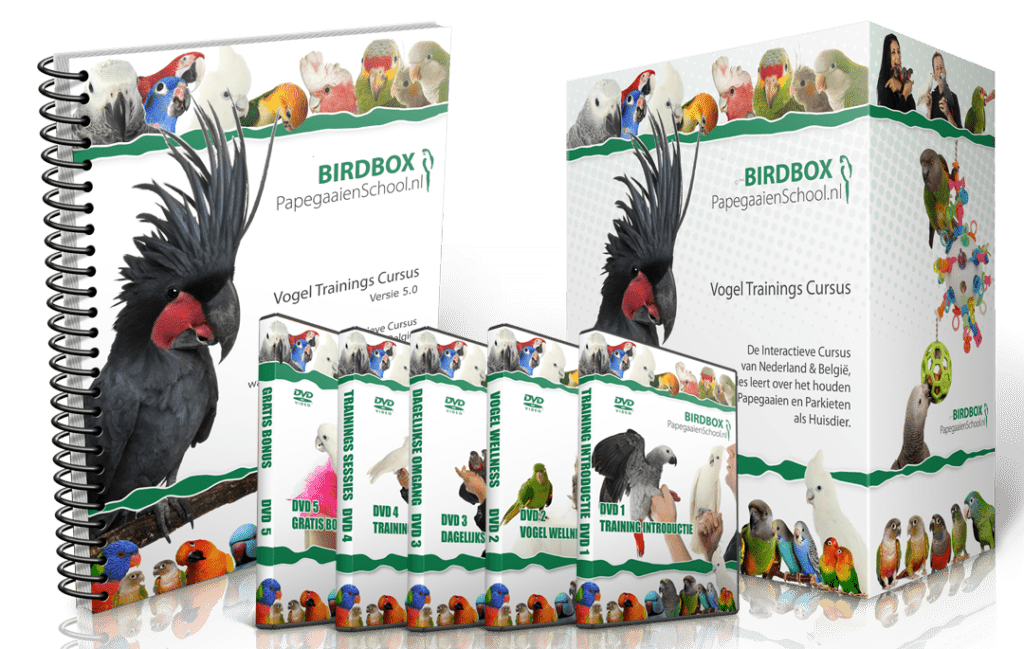

Can Cockatiels Eat Cucumber?
To know whether your cockatiel can eat cucumber or not, you need to understand their diet. In order to provide a healthy and balanced diet, it’s important to introduce a variety of foods. Cucumber is one such food. In this section, you will get an introduction to the cockatiel diet and an overview of cucumber as a food option.
Introduction to Cockatiel Diet
Cockatiels are attractive pets that need balanced nutrition. As an owner, know what’s best for your bird. A nutrient-rich diet should include: fresh fruits and veg, seeds, pellets and nuts (occasionally). Avoid fatty foods to avoid health problems.
Be careful with certain fruits and veg. Avocado has persin which is toxic. Too much cucumber can cause digestive issues, but it’s okay as a treat.
Keep up with research on bird nutrition – learn about food that could be beneficial. And plan ahead. Neglecting your Cockatiel’s dietary needs can cause serious health issues. Get advice from avian vets or animal nutrition experts. Give them the best life! And don’t forget to challenge their taste buds with cucumber!
Overview of Cucumber
Cucumber – A Professional Overview
Cucumber – part of the gourd family. Refreshing taste, high water content – and low in calories, fat and cholesterol. Eaten as a salad or snack.
Nutritional Value of Cucumber:
Metric Quantity
| Calories | Carbohydrates | Protein | Fat | Fiber | Vitamin C | Potassium |
|---|---|---|---|---|---|---|
| 16 kcal | 3.63 g | 0.65 g | 0.11 g | 0.5 g | 2 mg | 147 mg |
Cucumbers contain antioxidants. Can reduce inflammation, promote hydration, and protect against chronic diseases like cancer.
Uniquely Refreshing Properties of Cucumber:
Crisp and juicy – cucumbers also have cooling properties. Can soothe skin, relieve sunburn. Often used in cosmetic products for their hydrating and antiseptic qualities.
Don’t Miss Out on the Health Benefits of Cucumber!
Add cucumber slices to salads or smoothies. Get the hydrating benefits! Don’t miss out!
Nutritional Value of Cucumber for Cockatiels
To understand the nutritional value of cucumber for your cockatiels, you need to know the vitamins and minerals in cucumber that can boost their health. In order to provide the best solution for your bird’s diet, this section will uncover the health benefits of cucumber for cockatiels. Keep reading to learn more about the vitamins and minerals present in cucumber, as well as the benefits it can provide for your cockatiel’s overall well-being.
Vitamins and Minerals in Cucumber
Cucumbers offer Cockatiels a wealth of nutrients. These crunchy green veggies have essential vitamins and minerals that can give pet birds a boost.
Vitamin K is found in cucumbers and helps with blood clotting and bone health. Vitamin C is an antioxidant which may support the bird’s immune system. Potassium helps regulate fluid balance and aids muscle function and proper heart functioning.
Calcium in cucumbers aids in healthy bones, teeth and egg production. Phosphorus too, which boosts cell growth and maintenance.
Cucumber skin has carotenoids, like beta-carotene, that help maintain healthy feathers. Plus, cucumbers provide both nutrition and hydration.
Tip: Wash the cucumber skin thoroughly to get rid of any pesticides or residue before feeding your bird. Your feathered friend will be a cucumber connoisseur with these health benefits!
Health Benefits of Cucumber for Cockatiels
Cucumbers offer many health perks to cockatiels!
They keep them hydrated and provide essential vitamins and nutrients. Plus, the low-calorie vegetable helps with digestion and boosts immunity. The different varieties come with unique qualities for the birds to enjoy. Plus, cucumber seeds contain vitamins A and C that are beneficial for eye health. Wild cockatiels fly up to 29 miles each day to find food – but feeding them cucumbers may make you chuckle.
Risks and Concerns of Feeding Cucumber to Cockatiels
To ensure the optimal health of your cockatiel, it’s crucial to understand the risks and concerns of feeding them cucumber. With “Digestive Issues” and “Allergies” being the two main sub-sections of this topic, you’ll gain insight into how cucumber can affect your bird’s body and potential allergic reactions that may occur.
Digestive Issues
Cockatiels and the Risks of Eating Cucumbers.
Cucumbers are high in water content and can cause digestive issues for Cockatiels. Diarrhea and dehydration may result from overconsumption. Cucumber seeds contain cucurbitin, which is toxic to birds and can lead to worms in their digestive system.
It is important to remove seeds before feeding cucumber slices to Cockatiels. Introduce new food items gradually and in moderation. Monitor your bird’s behavior and health after introducing any new food item. If digestive distress occurs, consult an avian veterinarian.
Cut cucumber slices into small pieces and mix with dry foods or seed blends. Safer alternative options are carrots or kale. Moderation and variety are key for good bird nutrition! Remember – if your cockatiel starts sneezing after eating cucumber, it’s not an allergy – it’s just their way of saying, ‘I didn’t sign up for veganism!’
Allergies
Cockatiels and cucumbers don’t always mix. Feeding them could cause allergic reactions, like itching and inflammation. This can even lead to breathing problems if the airways swell up.
When trying cucumber, give a few small slices or pieces first. Increase portions gradually. Also, be sure to clean it properly.
Not all Cockatiels are allergic. But, if they are, symptoms could be bad. One pet owner’s bird had their eyes swell shut! Thankfully, help came in time.
To be safe, understand the risks and supervise the feeding. Plus, check if you’re abiding by international bird food laws.
Preparation and Serving of Cucumber for Cockatiels
To prepare cucumber for your cockatiel to ensure optimal health and prevent digestion issues, follow these easy steps. Wash and cut the cucumber properly to prevent any contamination, and serve according to the size recommendations.
Wash and Cut Properly to Prevent Contamination
Washing and Slicing Cucumbers for Safety
For your cockatiel’s safety, it’s important to clean and slice cucumbers correctly. These six steps will help prevent bacterial contamination:
- Choose fresh cucumbers.
- Wash them under running water.
- Peel with a clean knife or peeler. Don’t leave any skin behind.
- Cut one end off to create a stable surface for slicing.
- Slice into bite-size pieces with another clean knife or slicer.
- Serve or store in an air-tight container.
Remember, too much veg can upset their digestive system – limit consumption to two small portions a week. Don’t add any ingredients that could be hazardous in large amounts.
It’s amazing that humans have been feeding cage birds all kinds of food, including cucumbers, for centuries – helping us to keep our pets healthy today.
Serving Size Recommendations
To give your cockatiel the best nutrition, cucumbers must be served properly. Check out these suggestions:
| Weight of Bird | Serving Size |
|---|---|
| Less Than 80 grams | 1-2 small slices per week |
| 80-150 grams | 2-3 small slices per week |
| Above 150 grams (Adult) | 1-2 medium slices per day (Alternate days are advisable) |
Remember, each bird’s diet may vary. So, it’s best to get advice from a vet.
Cucumbers are full of water and can keep birds hydrated. But, too much can cause digestive problems. Don’t replace the main diet of seeds or pellets with fruits or veggies.
A cockatiel owner said their bird ate too many cucumbers and got diarrhea. But, they fixed the problem by controlling portions and watching the bird’s eating habits. Who needs a farmer’s market when your cockatiel has a more diverse veggie diet than you? #vegetableenvy
Other Vegetables Suitable for Cockatiel Consumption
To expand your cockatiel’s diet with a variety of veggies, this section on “Other Vegetables Suitable for Cockatiel Consumption” with sub-sections delving into “Leafy Greens” and “Root Vegetables” is a must-read. Leafy greens are packed with vitamins while root veggies are great for gnawing on.
Leafy Greens
Kale, a nutrient-dense green veggie? Yes! High in antioxidants and fiber. Cabbage? Low-calorie and loaded with vitamins and minerals, like vitamin C. Spinach? A leafy green powerhouse packed with iron, calcium, and vitamin A. Dandelion greens? Another beneficial leafy green with essential vitamins and minerals for health.
Adding these greens to your Cockatiel’s diet can help promote good health. But remember, each bird has its own dietary needs. Consult with a vet before introducing new foods.
Pro Tip: Always wash leafy greens before feeding to your Cockatiel to remove dirt and pesticides. Carrots may improve your Cockatiel’s eyesight, but won’t stop them from judging you!
Root Vegetables
Root veggies are a great source of nutrition for cockatiels. Here are some examples:
- Carrots – packed with beta-carotene (which converts to Vitamin A).
- Parsnips – high in fiber.
- Beets – full of iron, folate and antioxidants.
- Rutabagas – great source of Vitamin C.
- Sweet potatoes – tons of potassium and Vitamin B6.
- Tubers – yams and cassava give energy from starch.
Remember, not every bird likes the same veggies or amounts. Adjust their diet accordingly. Gradually incorporate these veggies – sudden changes can cause stomach upset. Also, avoid consuming pesticide-treated produce, which can be harmful.
It’s veggie-time! Your feathered friends can enjoy a variety of delicious underground edibles.
Conclusion on Feeding Cucumber to Cockatiels
Cockatiels can eat cucumber from the Cucurbitaceae family. It has lots of water, and its low calories make it a healthy snack. But it shouldn’t be the main food. Balance and nutrition are key. Cucumbers have Vitamin K and C. But other foods should be part of their meals too.
Cucumbers are also great toys! Slice up a bit and put it in the cage. Or hang slices from strings. Cockatiels love playing with new things and pecking them.
One pet owner put some cucumber near her bird’s cage. It was at first hesitant; then it loved the smell. She now includes it as a treat occasionally.
Cucumbers can be good for cockatiels when eaten moderately. Make sure to wash them before serving.
Frequently Asked Questions
1. Can cockatiels eat cucumber?
Yes, they can. Cucumbers are safe for cockatiels to eat, and they can be a healthy addition to their diet.
2. Is it okay to feed my cockatiel cucumber every day?
No, it is not recommended to feed your cockatiel cucumber every day. It should be given in moderation as part of a varied diet.
3. Should I peel the cucumber before feeding it to my cockatiel?
Yes, it is best to peel the cucumber before feeding it to your cockatiel. The peel can be hard to digest and may cause digestive issues.
4. Can cockatiels eat cucumber seeds?
No, it is not safe for cockatiels to eat cucumber seeds. They can cause digestive problems and should be removed before feeding the cucumber to your bird.
5. What other fruits or vegetables can I give my cockatiel?
Cockatiels can eat a variety of fruits and vegetables, including apples, carrots, grapes, and spinach. It is important to introduce new foods slowly and in small amounts to avoid digestive upset.
6. Can cucumber be a replacement for water in my cockatiel’s diet?
No, cucumber should not be a replacement for water in your cockatiel’s diet. Water is essential for your bird’s health and should always be readily available.
{
“@context”: “https://schema.org”,
“@type”: “FAQPage”,
“mainEntity”: [
{
“@type”: “Question”,
“name”: “Can cockatiels eat cucumber?”,
“acceptedAnswer”: {
“@type”: “Answer”,
“text”: “Yes, they can. Cucumbers are safe for cockatiels to eat, and they can be a healthy addition to their diet.”
}
},
{
“@type”: “Question”,
“name”: “Is it okay to feed my cockatiel cucumber every day?”,
“acceptedAnswer”: {
“@type”: “Answer”,
“text”: “No, it is not recommended to feed your cockatiel cucumber every day. It should be given in moderation as part of a varied diet.”
}
},
{
“@type”: “Question”,
“name”: “Should I peel the cucumber before feeding it to my cockatiel?”,
“acceptedAnswer”: {
“@type”: “Answer”,
“text”: “Yes, it is best to peel the cucumber before feeding it to your cockatiel. The peel can be hard to digest and may cause digestive issues.”
}
},
{
“@type”: “Question”,
“name”: “Can cockatiels eat cucumber seeds?”,
“acceptedAnswer”: {
“@type”: “Answer”,
“text”: “No, it is not safe for cockatiels to eat cucumber seeds. They can cause digestive problems and should be removed before feeding the cucumber to your bird.”
}
},
{
“@type”: “Question”,
“name”: “What other fruits or vegetables can I give my cockatiel?”,
“acceptedAnswer”: {
“@type”: “Answer”,
“text”: “Cockatiels can eat a variety of fruits and vegetables, including apples, carrots, grapes, and spinach. It is important to introduce new foods slowly and in small amounts to avoid digestive upset.”
}
},
{
“@type”: “Question”,
“name”: “Can cucumber be a replacement for water in my cockatiel’s diet?”,
“acceptedAnswer”: {
“@type”: “Answer”,
“text”: “No, cucumber should not be a replacement for water in your cockatiel’s diet. Water is essential for your bird’s health and should always be readily available.”
}
}
]
}


